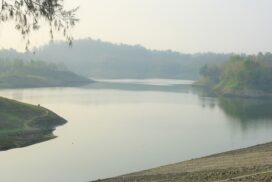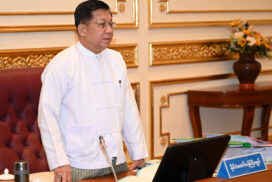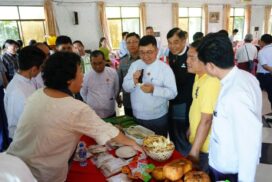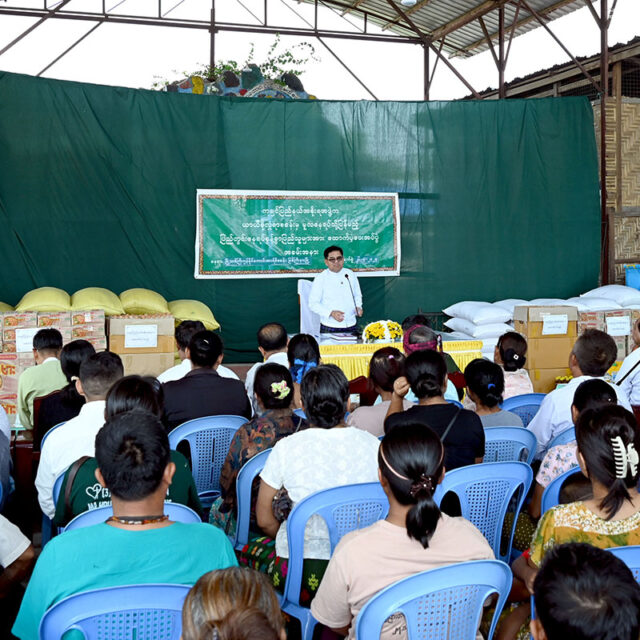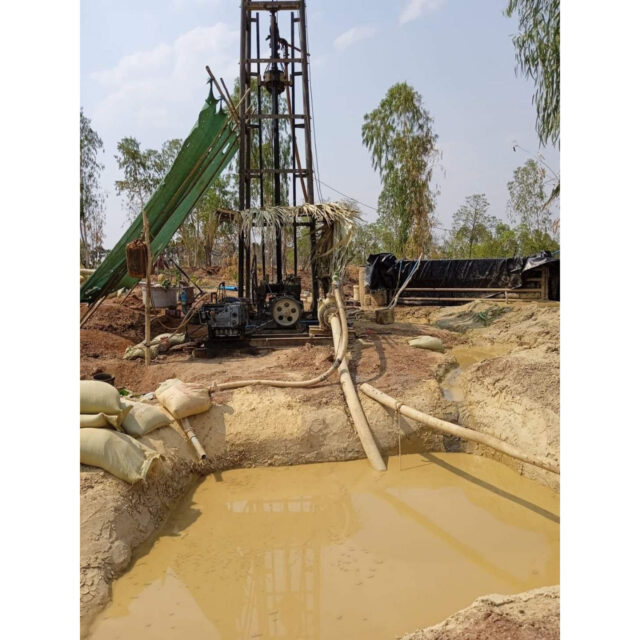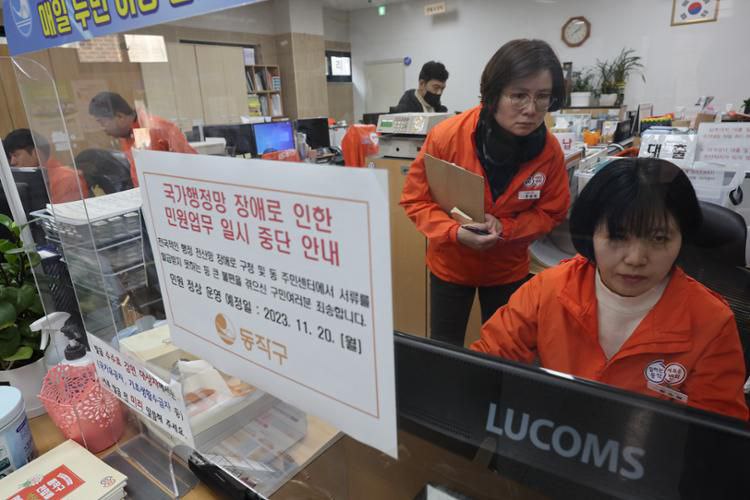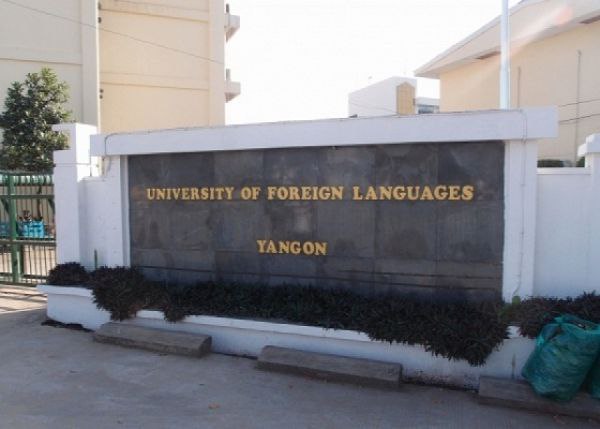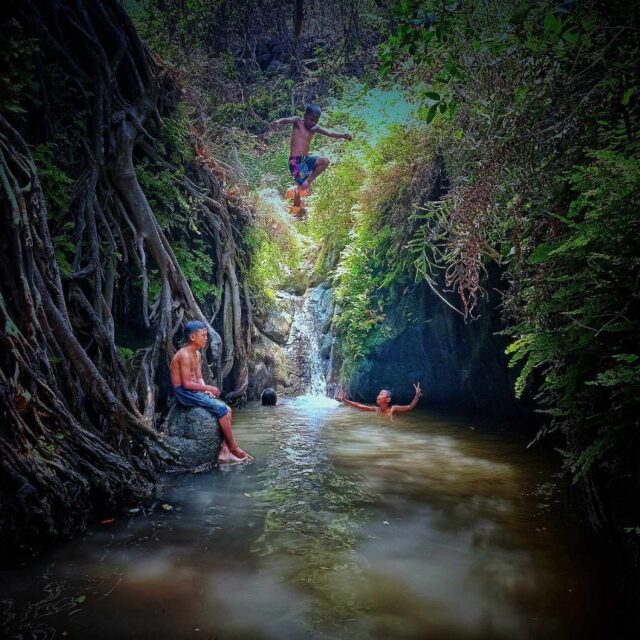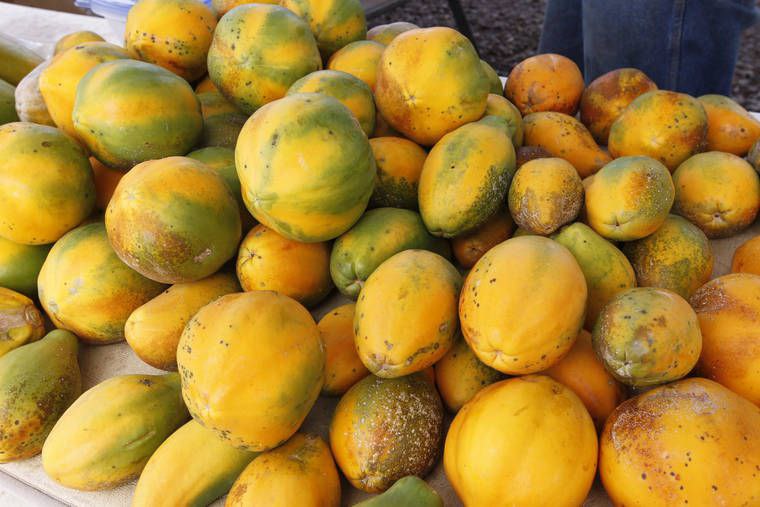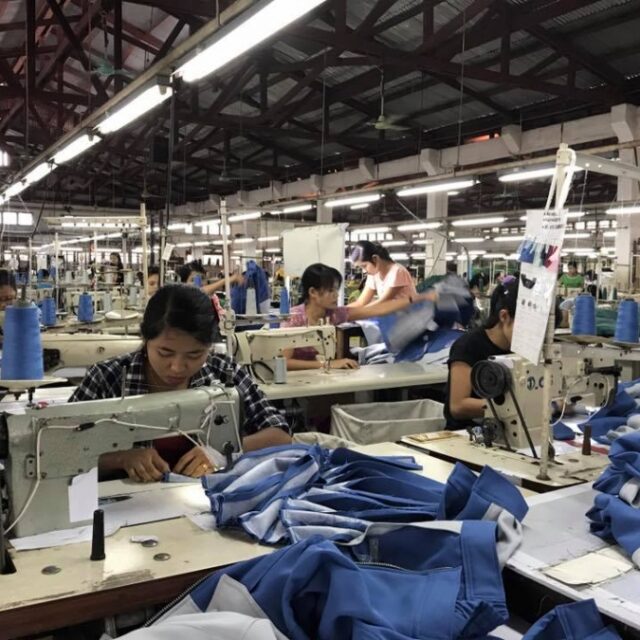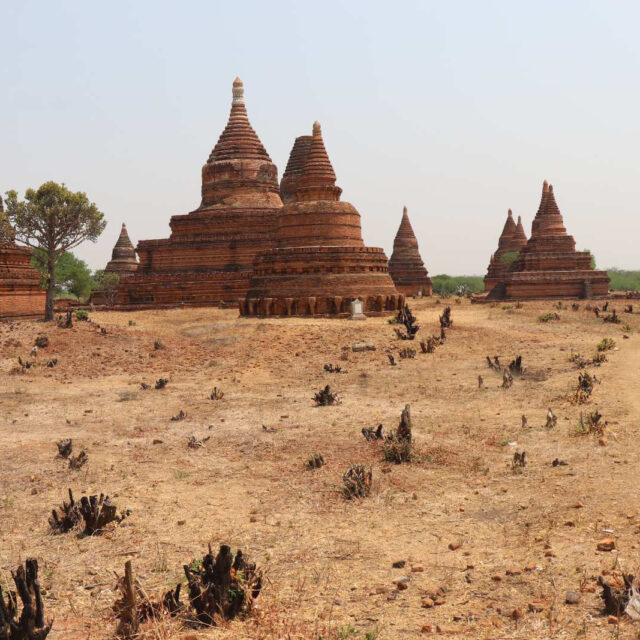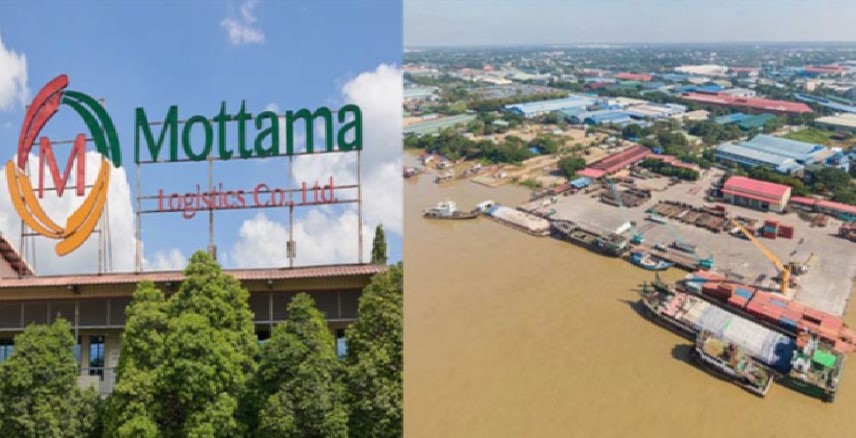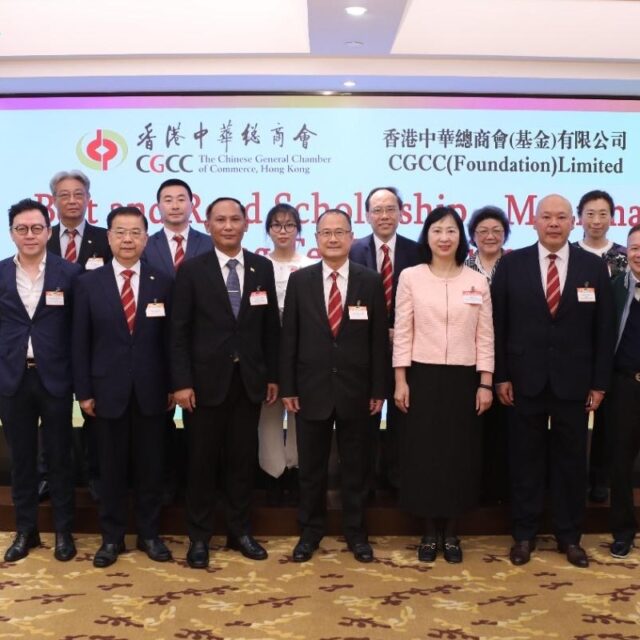The government is striving for the emergence of Integrated Coastal Management-ICM for the country with the formation of the Myanmar Coast Guard, finalizing the sea pollution control law, designating non-fishery areas for high marine ecosystem value and plentiful biodiversity, expansion of mangrove forests, forest reserves and protected public forests in regions and states, and establishment of mangrove forests in 60 coastal townships including Cocokyun Township as well as the prevalence of law and order at sea.
As coastal resources are long-term development prospects for Myanmar, it is necessary to systematic manage utilizing of these resources for new generations in cooperation with global and regional partner countries.
The United Nations is implementing the 17 sustainable development goals till 2030 with the ideology of the blue economy the regional partner countries are implementing. The blue economy is purposed to mitigate climate change and to harmonize the utilization and conservation of marine resources so as to improve socioeconomic development and wealth of the people.
The basic ideology of the blue economy is to protect and reestablish the natural resources and systematically utilize the sustainable developed businesses and opportunities at the sea, ocean and coasts.
Myanmar possesses more than 2,800 kilometres long coast and one-fifth of the Bay of Bengal ecosystem. Myanmar’s coast is endowed with sandy beaches, mangrove ecosystems, coral reef ecosystems, sea lawn ecosystems and other coastal and marine ecosystems.
On the other hand, Myanmar has to face challenges of damage and loss of marine biodiversity, coral reefs, mangrove forests, sea lawns and marine products. Consequently, these impacts reflect a lessening of food security, mitigation of vocational jobs, climate change, natural disasters, spreading and stock-piling of plastic waste, e-waste and agricultural waste at the sea. Only when Myanmar can overcome these challenges will it be able to effectively restrict these impacts.
Myanmar is playing a crucial role in the country list in the 21st Century Belt and Road Initiative of China, standing in a geographical strategic and economic position. Among six silk belts, Myanmar participates in the Bangladesh-China-India-Myanmar economic corridor, as a focal point between South Asia and Southeast Asia.
As such, Myanmar needs to analyze itself to choose the best way for the future how to carry on its functions in joining the international arena by firmly accepting its stance on developing the blue economy and how to defy and respond to the impacts of natural disasters for utilization and conservation of marine resources for the State.
As such, Myanmar needs to analyze itself to choose the best way for the future how to carry on its functions in joining the international arena by firmly accepting its stance on developing the blue economy and how to defy and respond to the impacts of natural disasters for utilization and conservation of marine resources for the State.



